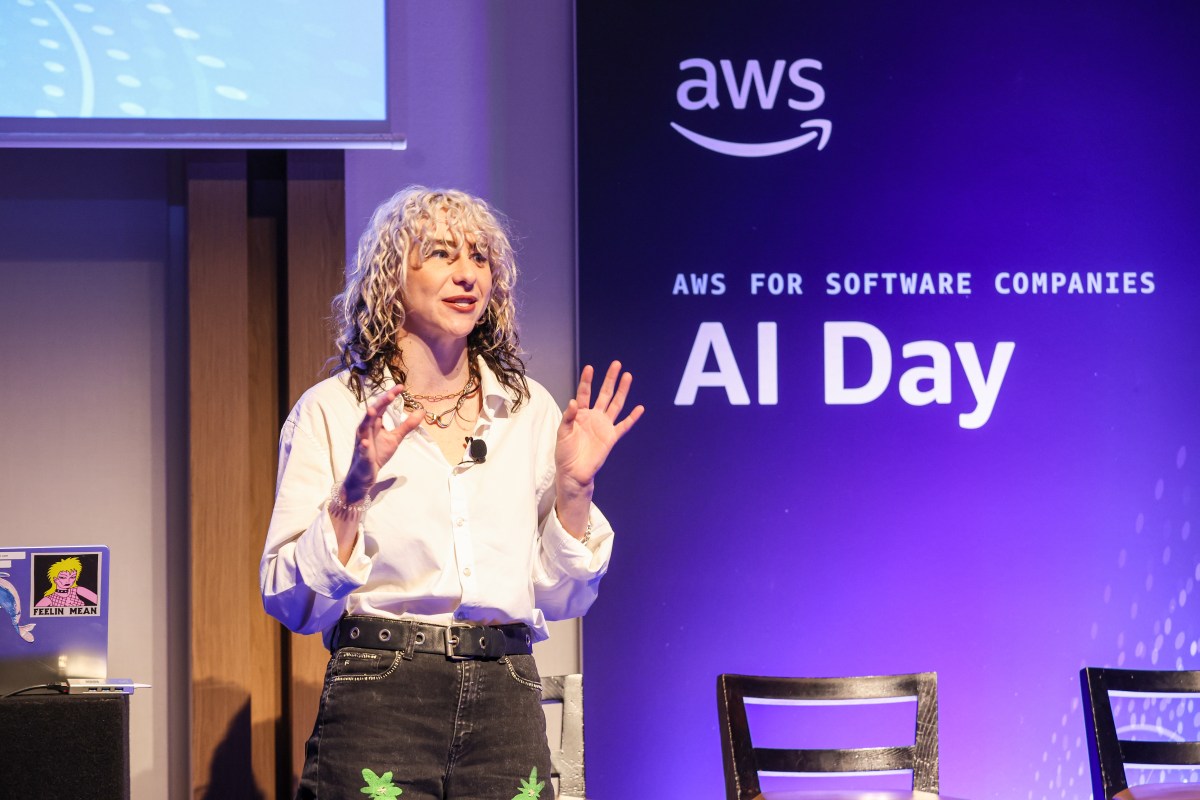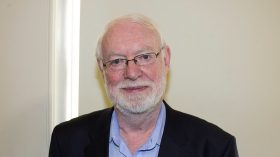Screenrights has unveiled six new projects that will share nearly $300,000 worth of funding, through the 2025 round of its Cultural Fund.
Since its launch in 2018, the Cultural Fund has distributed almost $2 million to projects fostering screen creativity and access across Australia and Aotearoa New Zealand. Applications are assessed by an independent panel with local and international expertise in screen, media, and education.
This year, the Screenrights Cultural Fund centred on Creative Intelligence. The successful 2025 initiatives span training, wellbeing, and industry development across the two countries.
Screenrights Board Director and Cultural Fund Working Group Chair Rachel Antony said the panel was ‘so impressed with the calibre of applications and the breadth of the potential positive impact for the screen sectors in both Aotearoa-NZ and Australia.’
Screenrights Cultural Fund: quick links
The Screenrights Cultural Fund projects for 2025 are:
GARUWA – Ngaluwi: Documentary Storytelling Incubator
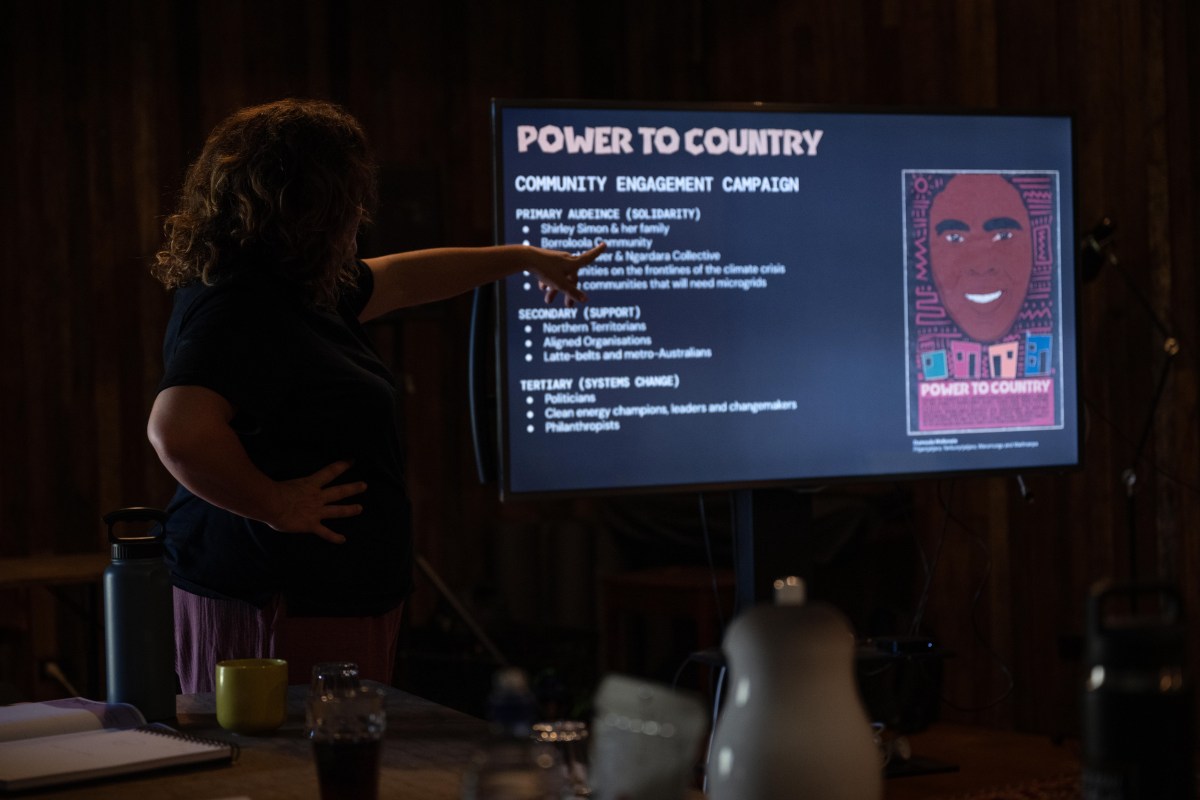
Garuwa is a 12-month program supporting First Nations documentary practitioners through mentorship, impact design, and culturally safe practices.
‘With Ngaluwi, we’re creating a space where First Nations storytellers can be supported in ways that honour cultural integrity and our responsibilities to future generations,’ said Genevieve Grieves, Worimi, Co-founder & Creative Director, GARUWA.
‘GARUWA is deeply committed to nurturing this next wave of documentary filmmakers, and Screenrights’ support allows us to build an incubator that meets projects where they are, strengthening an ecosystem where First Nations voices lead the way in shaping stories of justice, healing and change.’
Milk Crate Theatre – MCT ScreenLab: Unearthing New Voices for the Screen
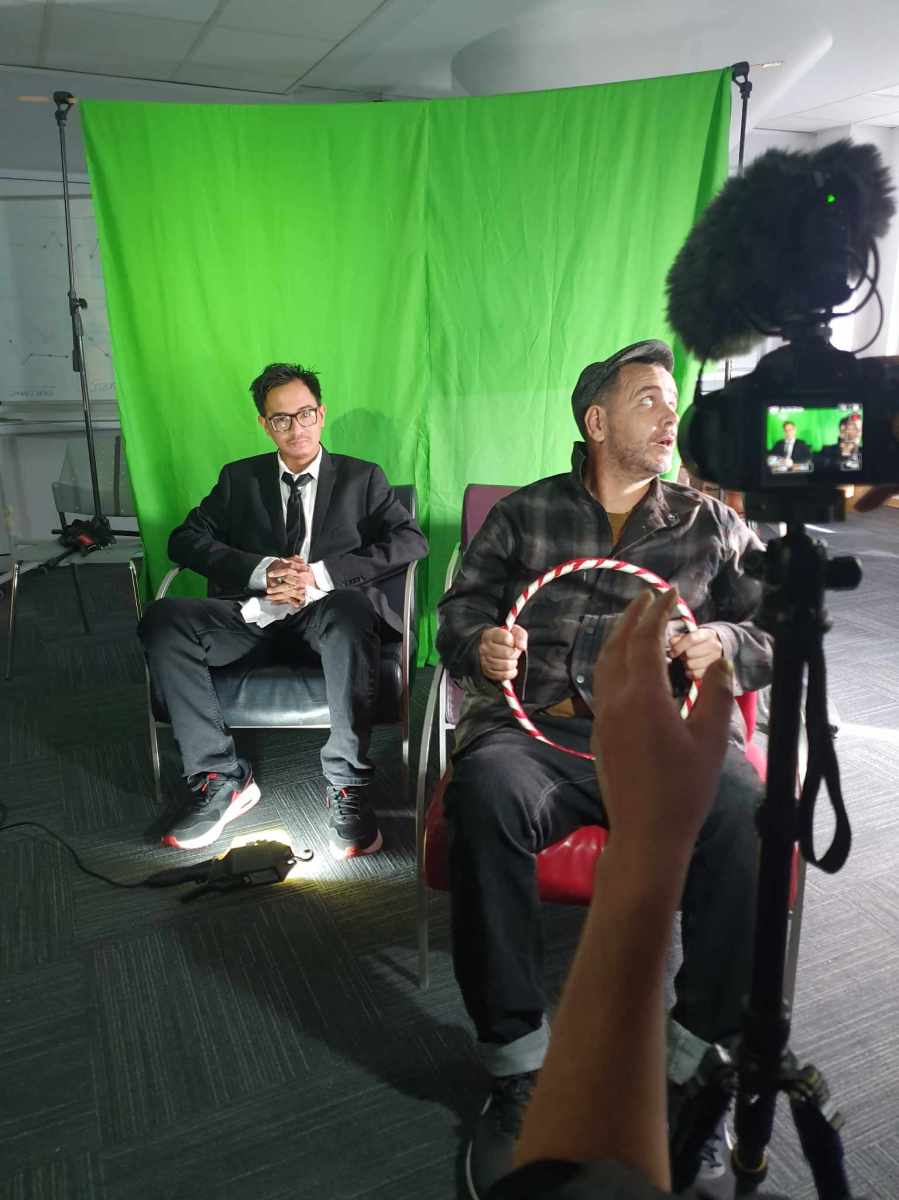
MCT ScreenLab is a 20-week program providing professional screen training for people with diverse lived experiences, including homelessness, disability, and mental health challenges.
‘Milk Crate Theatre is delighted to receive the support of Screenrights Cultural Fund to bring our ScreenLab project to life,’ said Jodie Wainwright, CEO, Milk Crate Theatre. ‘We can’t wait to bring an amazing range of new and diverse stories and talent from our community to new audiences through screen.’
Jack Media – Te Piringa: A Programme for Indigenous Wellbeing in Screen Storytelling
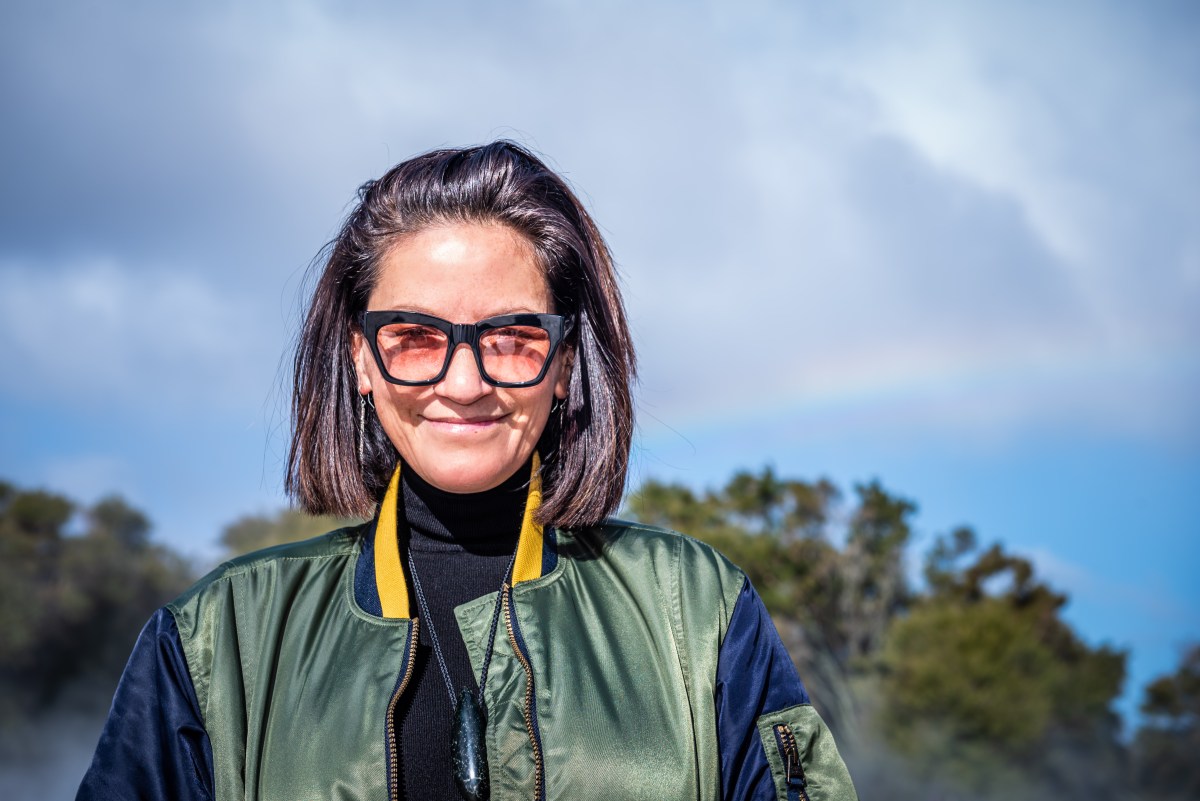
Te Piringa is a six-month pilot offering therapeutic and peer support for Māori and Indigenous practitioners, alongside resources for trauma-informed industry practice.
‘I’m incredibly grateful to receive this funding to bring Te Piringa to life,’ said Nicola Smith, Jack Media. ‘This kaupapa has the potential to become a significant cultural resource for Indigenous storytellers and creatives, one that uplifts our people, honours our ways of healing, and embeds care at the heart of how we work. It’s a step toward a safer, stronger future for our industry.’
Cinespace – Residency+ Producing Skills Program
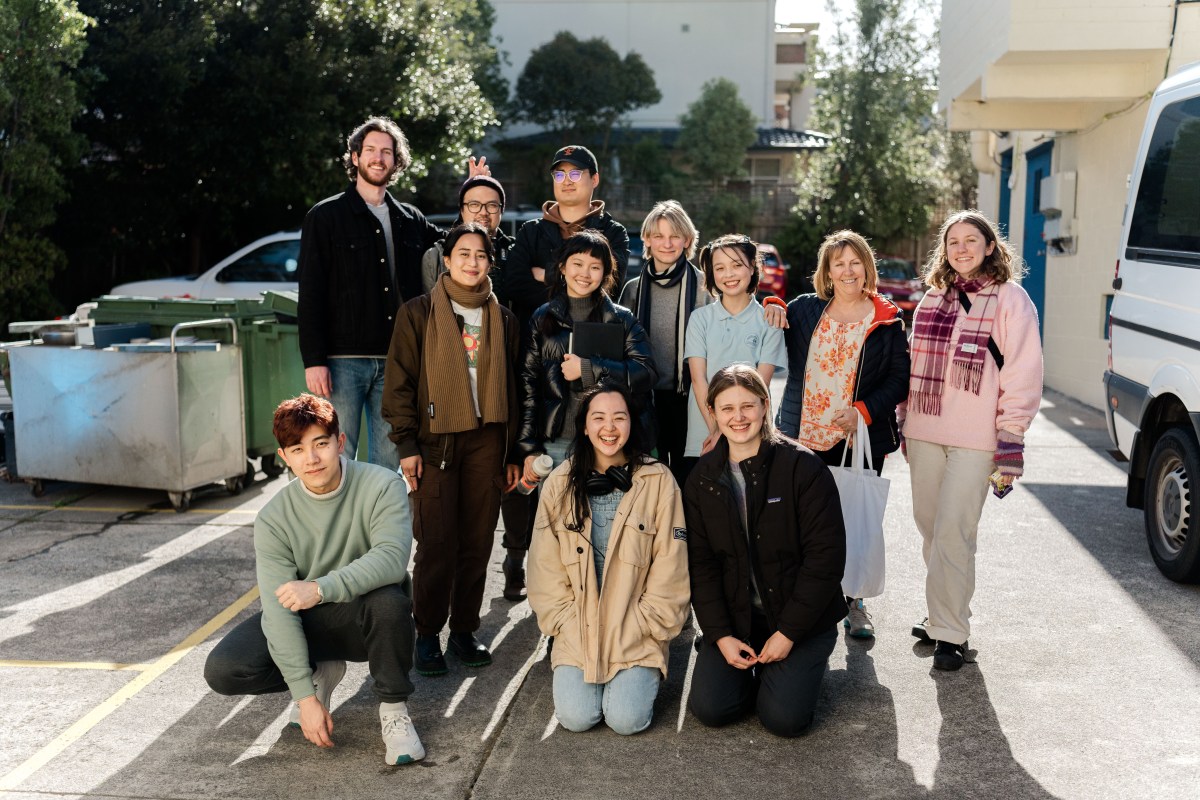
Residency+ is a three-phase initiative to build the capacity of culturally diverse and First Nations screen producers in project packaging, production management, and distribution.
‘This program will build the capacity of culturally diverse producers and creatives to lead their own projects and careers,’ said Steve RE Pereira, President, Cinespace Inc.
‘By investing in skills like development, packaging, and distribution, and teaching adaptability and resilience in a fast changing industry, we’re not only increasing the visibility of underrepresented voices –we’re creating lasting pathways for our community to thrive in the screen industry.’
Jessie Hughes – AI for Women in Screen
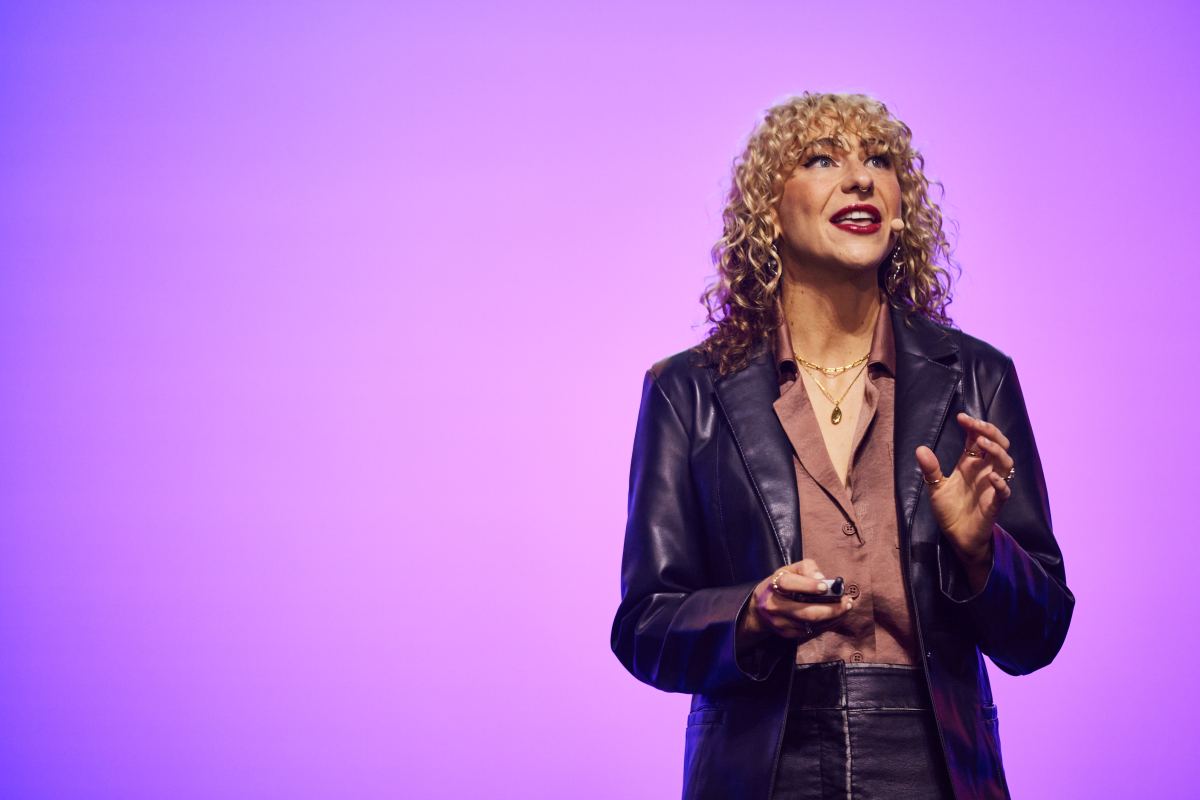
AI for Women in Screen is a masterclasses designed to upskill women in the use of AI tools for creative development, delivered in partnership with Screen Producers Australia.
‘This initiative is about giving Australian women leaders a crucial headstart in shaping the future of our industry,’ said Jessie Hughes. ‘As we navigate a profound technological shift, I am committed to seeing women lead the charge in our screen industry’s adoption of AI.
‘I’ve seen the transformative power of this approach firsthand; creators from a previous Forbes-featured program have gone on to attain university lectureships and step into senior screen roles. The success of these women is a testament to what happens when we intentionally create opportunities for creatives who previously weren’t made to feel like tech was a space for them. This is about more than upskilling; it’s about shifting power, expanding opportunity, and shaping the future of the Australian screen sector with diverse creative intelligence.’
Script to Screen – Script Development Workshops for Deaf, Disabled and Neuro Diverse creatives
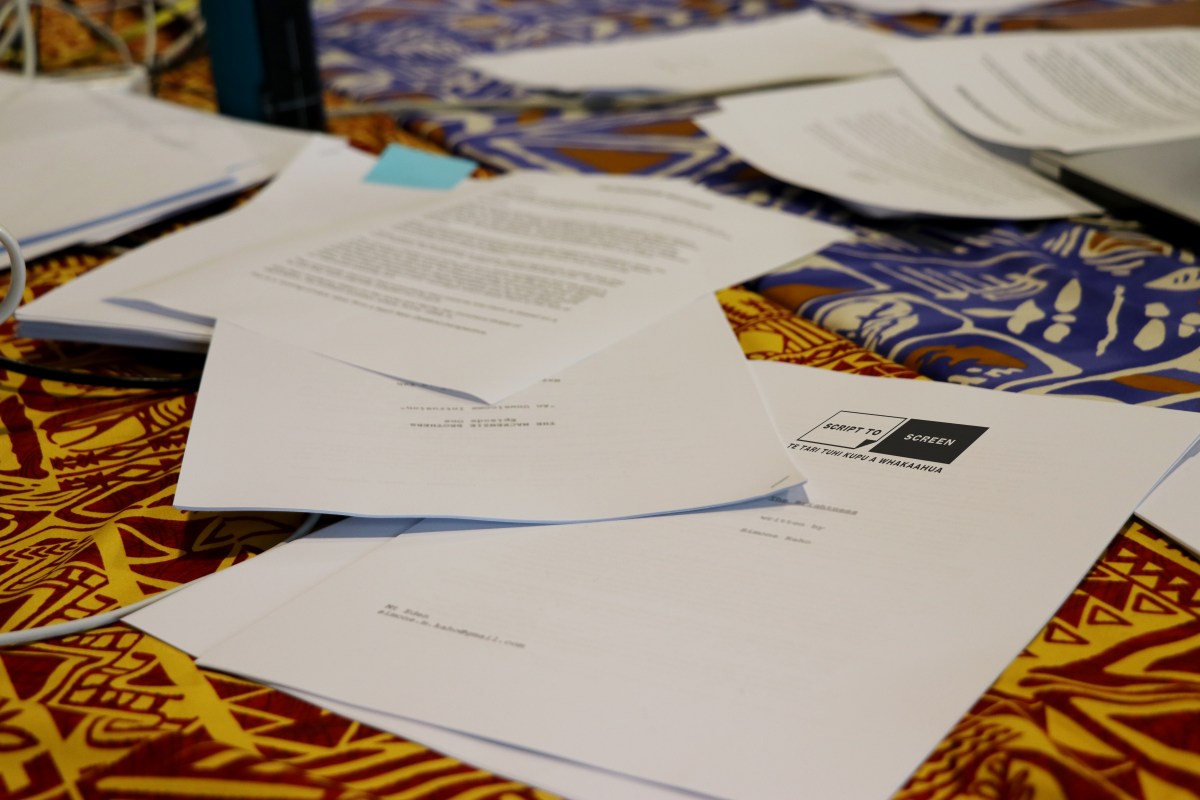
These Script Development Workshops will take place across New Zealand, aimed at strengthening storytelling skills and industry pathways for DDN artists.
‘NZ’s leading screen sector professional development organisation, Te Tari Tuhi Kupu a Whakaahua Script to Screen, is proud to be piloting a new community programme of Script Development Workshops. This bespoke programme of workshops will upskill Deaf, Disabled and Neuro Diverse (DDN) creatives in Aotearoa, NZ, to create innovative and compelling screen stories for TV, Film and online platforms,’ said Dale Corlett, Tumu Whakarae Executive Director, Script to Screen.
‘This programme places creatives’ unique perspectives at the heart of their story development, helping them to create and develop authentic work that resonates with audiences. These workshops have been designed to support this underserved and underrepresented group of creative talent, helping to uplift them and their stories, and creating pathways for progression in the screen sector in Aotearoa, NZ. Script to Screen looks forward to working with the community on the final planning and design of the programme before inviting applications from participants. A huge mihi (thanks) to the Screenrights Cultural Fund for supporting this important work, we can’t wait to get started.’
Screenrights is a non-profit rights management organisation that licenses use of screen content in Australia and New Zealand, distributes royalties to rights holders, and runs services including disbursements, performer residuals, and the annual Cultural Fund.
For more information, head to the Screenrights website.
